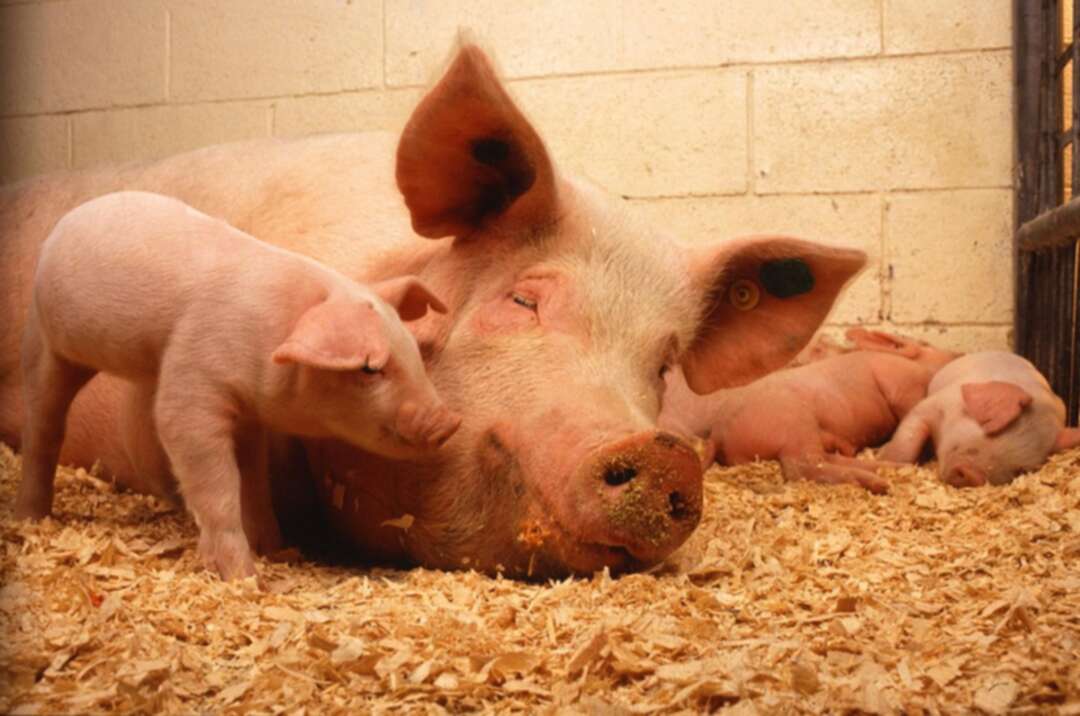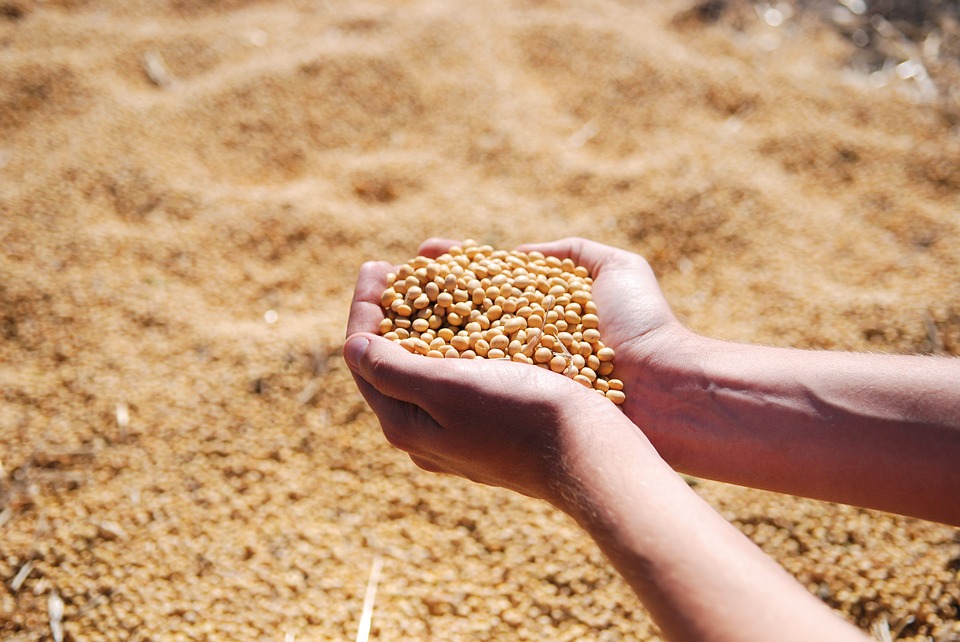-
China finds way to produce animal feed protein from carbon monoxide

The Channel News Asia reported according to Reuters, Chinese researchers say they have found a way to produce an animal feed protein from carbon monoxide in what is being hailed as a breakthrough that could help reduce the country's reliance on huge volumes of imported soybeans.
China is by far the world's top buyer of soybeans, bringing in around 100 million tonnes a year to turn into protein-rich feed for its huge livestock sector.
A portion of those beans could one day by replaced by synthetically made protein, however.
The Feed Research Institute of the Chinese Academy of Agricultural Sciences (CAAS) says it has worked with Beijing Shoulang Biological Technology to speed up a gas fermentation process to create a single cell protein that could be fed to animals, according to a report on Sunday on a website run by the Ministry of Agriculture and Rural Affairs.

According to state media People's Daily, the team has started operating a facility in northern Hebei province to turn steel-making tail gas into 5,000 tonnes of protein a year.
Read more: Lebanese Information Minister’s resignation in Hezbollah’s hands and government won’t step down
The report said, the protein produced has been approved by the agriculture ministry for feeding to animals. No details were provided on the cost of production.
At least 10 other start-ups around the world are also using synthetic biology to create animal feed, using waste gases as a feedstock for bacteria or other protein-rich microorganmisms.
Read more: Boris Johnson says ‘no compelling excuses’ for not tackling climate change
Among those are Britain's Deep Branch that aims to turn carbon dioxide emitted by a power station into protein for fish and poultry.
United States-based Calysta has partnered with major agricultural trader Cargill on a 200,000-tonne single cell protein plant in Tennessee.
government-backed tabloid, the Global Times, said: China's efforts could be a solution to the "excessive external dependence of feed protein, one of the biggest shortcomings of China's agriculture."
Source: cna
You May Also Like
Popular Posts
Caricature
BENEFIT Sponsors BuildHer...
- April 23, 2025
BENEFIT, the Kingdom’s innovator and leading company in Fintech and electronic financial transactions service, has sponsored the BuildHer CityHack 2025 Hackathon, a two-day event spearheaded by the College of Engineering and Technology at the Royal University for Women (RUW).
Aimed at secondary school students, the event brought together a distinguished group of academic professionals and technology experts to mentor and inspire young participants.
More than 100 high school students from across the Kingdom of Bahrain took part in the hackathon, which featured an intensive programme of training workshops and hands-on sessions. These activities were tailored to enhance participants’ critical thinking, collaborative problem-solving, and team-building capabilities, while also encouraging the development of practical and sustainable solutions to contemporary challenges using modern technological tools.
BENEFIT’s Chief Executive Mr. Abdulwahed AlJanahi, commented: “Our support for this educational hackathon reflects our long-term strategic vision to nurture the talents of emerging national youth and empower the next generation of accomplished female leaders in technology. By fostering creativity and innovation, we aim to contribute meaningfully to Bahrain’s comprehensive development goals and align with the aspirations outlined in the Kingdom’s Vision 2030—an ambition in which BENEFIT plays a central role.”
Professor Riyadh Yousif Hamzah, President of the Royal University for Women, commented: “This initiative reflects our commitment to advancing women in STEM fields. We're cultivating a generation of creative, solution-driven female leaders who will drive national development. Our partnership with BENEFIT exemplifies the powerful synergy between academia and private sector in supporting educational innovation.”
Hanan Abdulla Hasan, Senior Manager, PR & Communication at BENEFIT, said: “We are honoured to collaborate with RUW in supporting this remarkable technology-focused event. It highlights our commitment to social responsibility, and our ongoing efforts to enhance the digital and innovation capabilities of young Bahraini women and foster their ability to harness technological tools in the service of a smarter, more sustainable future.”
For his part, Dr. Humam ElAgha, Acting Dean of the College of Engineering and Technology at the University, said: “BuildHer CityHack 2025 embodies our hands-on approach to education. By tackling real-world problems through creative thinking and sustainable solutions, we're preparing women to thrive in the knowledge economy – a cornerstone of the University's vision.”
opinion
Report
ads
Newsletter
Subscribe to our mailing list to get the new updates!






















